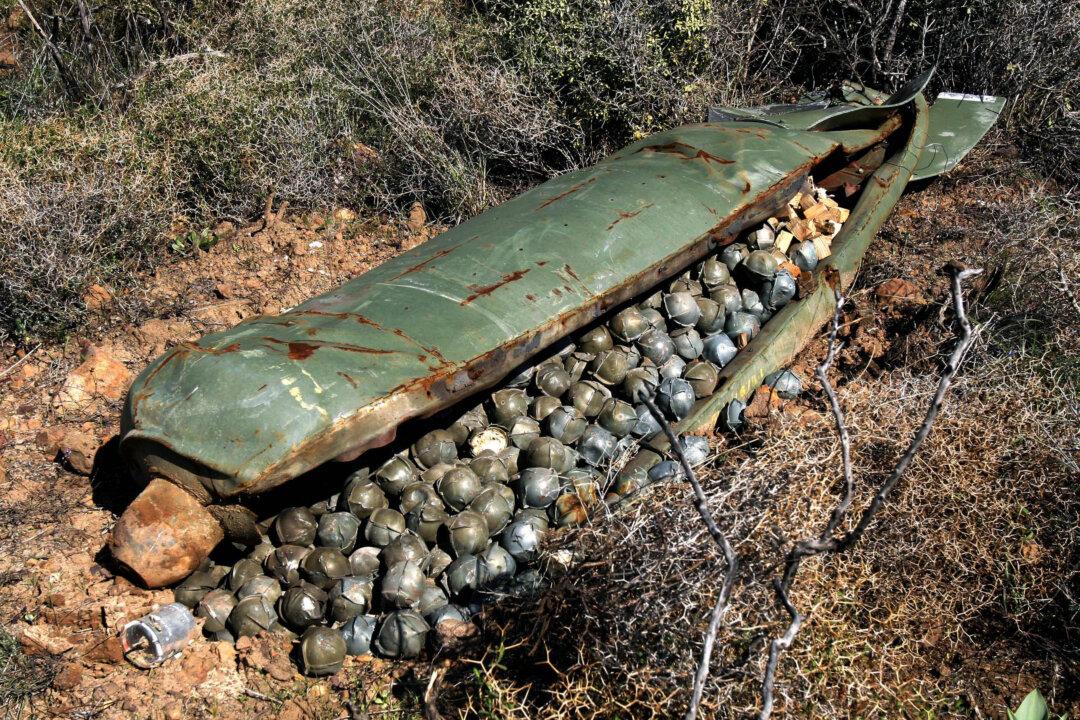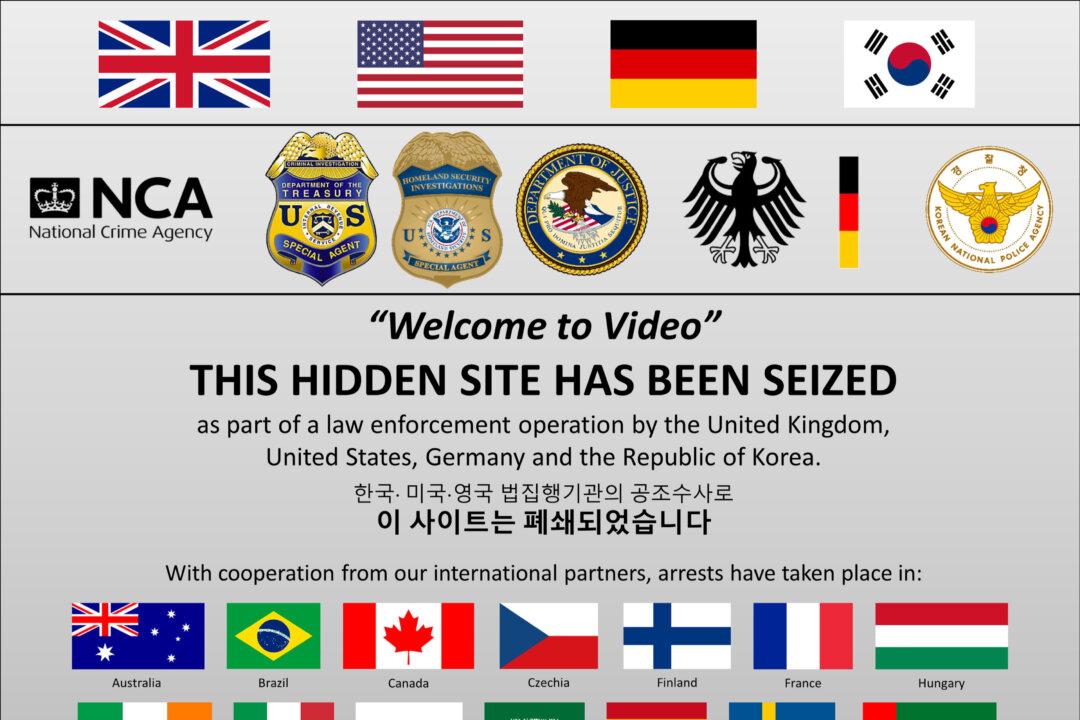The decision of the Biden administration, following several months of internal debate, to include cluster munitions as part of its new $800 million aid package to Ukraine is opposed by members of his own party in Congress, who otherwise are allies of the administration’s support of the nation in its war with Russia.
Congressional Democrats posted on their websites and made Twitter statements condemning the decision.





